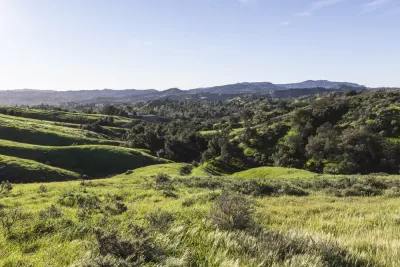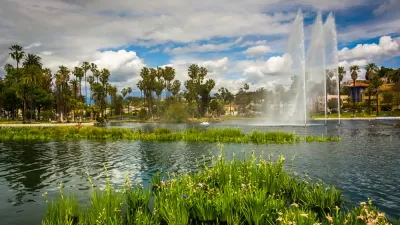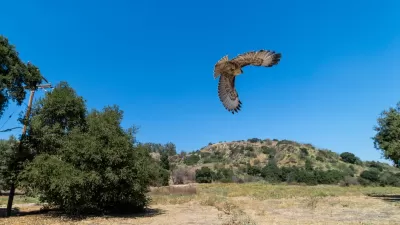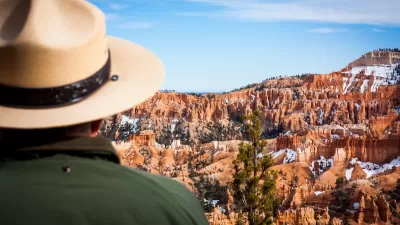The report contains data and analyses in support of expanding land conservation and restoration, transit to parks, and other strategies to meet regional and rural needs in Los Angeles County.

The Los Angeles County Department of Parks and Recreation (DPR) has just released the draft 2022 Parks Needs Assessment Plus (PNA+) report (formerly called the Regional and Rural Edition), which is a focused update of the 2016 Los Angeles Countywide Parks and Recreation Needs Assessment (PNA). The 2016 PNA was a historic undertaking to engage all of Los Angeles County in a collaborative process to identify and quantify the magnitude of the need for parks in cities and unincorporated communities and determine the potential cost of meeting that need. Since its completion, the PNA has been invaluable in informing planning, decision-making, and resource allocation for parks and recreation.
The 2022 PNA+ complements and offers new information not previously available in the 2016 PNA, including data and analyses related to regional recreation, rural recreation, population vulnerability, environmental conservation, and environmental restoration. DPR developed PNA+ in response to a 2019 motion by the Los Angeles County Board of Supervisors which called for the development of a needs assessment to address regional recreation, beaches, rural areas, and open space. In this article, park planner Clement Lau summarizes the key findings of the PNA+ study and highlights some of the draft recommendations.
PNA+ is a project funded by the Los Angeles County Regional Park and Open Space District (RPOSD). Since its inception in 1992, RPOSD has awarded over $1.5 billion in grants to cities, County departments, state and local agencies and community-based organizations for projects to improve and rehabilitate parks, recreational facilities, trails, and open space lands.
FULL STORY: Data-Driven Effort to Advance Park Equity Expands

Trump Administration Could Effectively End Housing Voucher Program
Federal officials are eyeing major cuts to the Section 8 program that helps millions of low-income households pay rent.

Planetizen Federal Action Tracker
A weekly monitor of how Trump’s orders and actions are impacting planners and planning in America.

The 120 Year Old Tiny Home Villages That Sheltered San Francisco’s Earthquake Refugees
More than a century ago, San Francisco mobilized to house thousands of residents displaced by the 1906 earthquake. Could their strategy offer a model for the present?

HSR Reaches Key Settlement in Northern California City
The state’s high-speed rail authority reached an agreement with Millbrae, a key city on the train’s proposed route to San Francisco.

Washington State Legislature Passes Parking Reform Bill
A bill that would limit parking requirements for new developments is headed to the governor’s desk.

Missouri Law Would Ban Protections for Housing Voucher Users
A state law seeks to overturn source-of-income discrimination bans passed by several Missouri cities.
Urban Design for Planners 1: Software Tools
This six-course series explores essential urban design concepts using open source software and equips planners with the tools they need to participate fully in the urban design process.
Planning for Universal Design
Learn the tools for implementing Universal Design in planning regulations.
Ada County Highway District
Clanton & Associates, Inc.
Jessamine County Fiscal Court
Institute for Housing and Urban Development Studies (IHS)
City of Grandview
Harvard GSD Executive Education
Toledo-Lucas County Plan Commissions
Salt Lake City
NYU Wagner Graduate School of Public Service





























